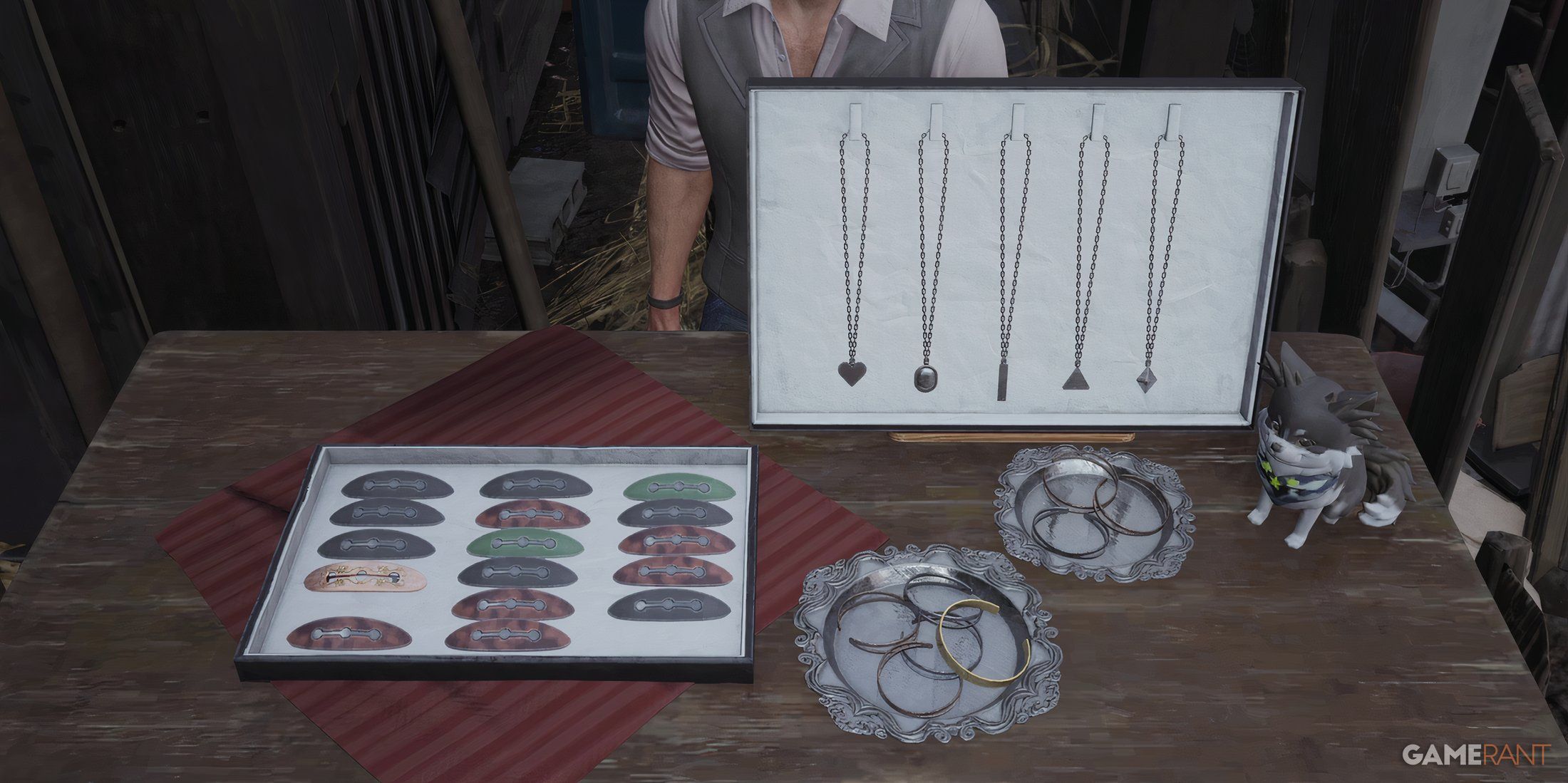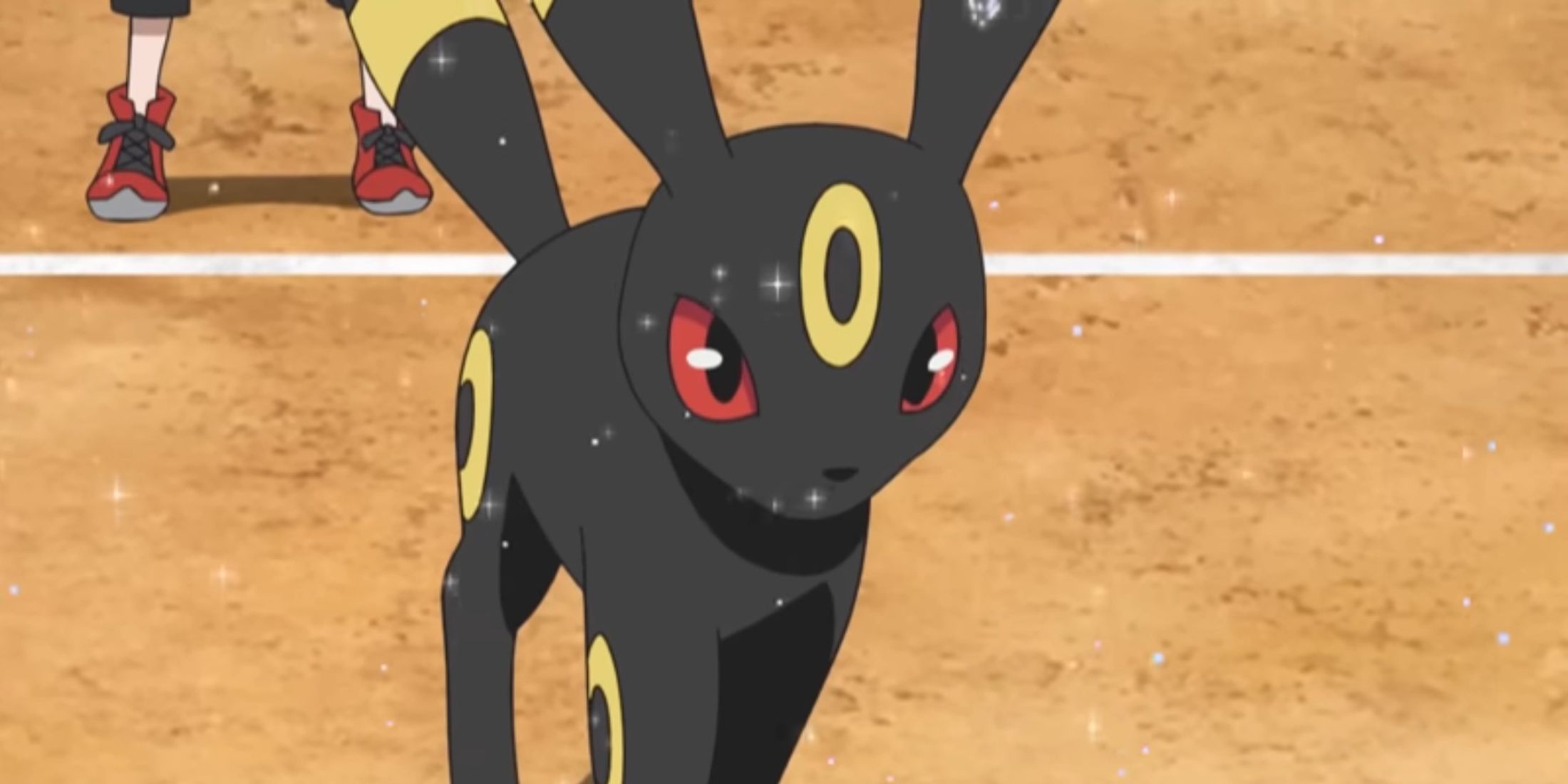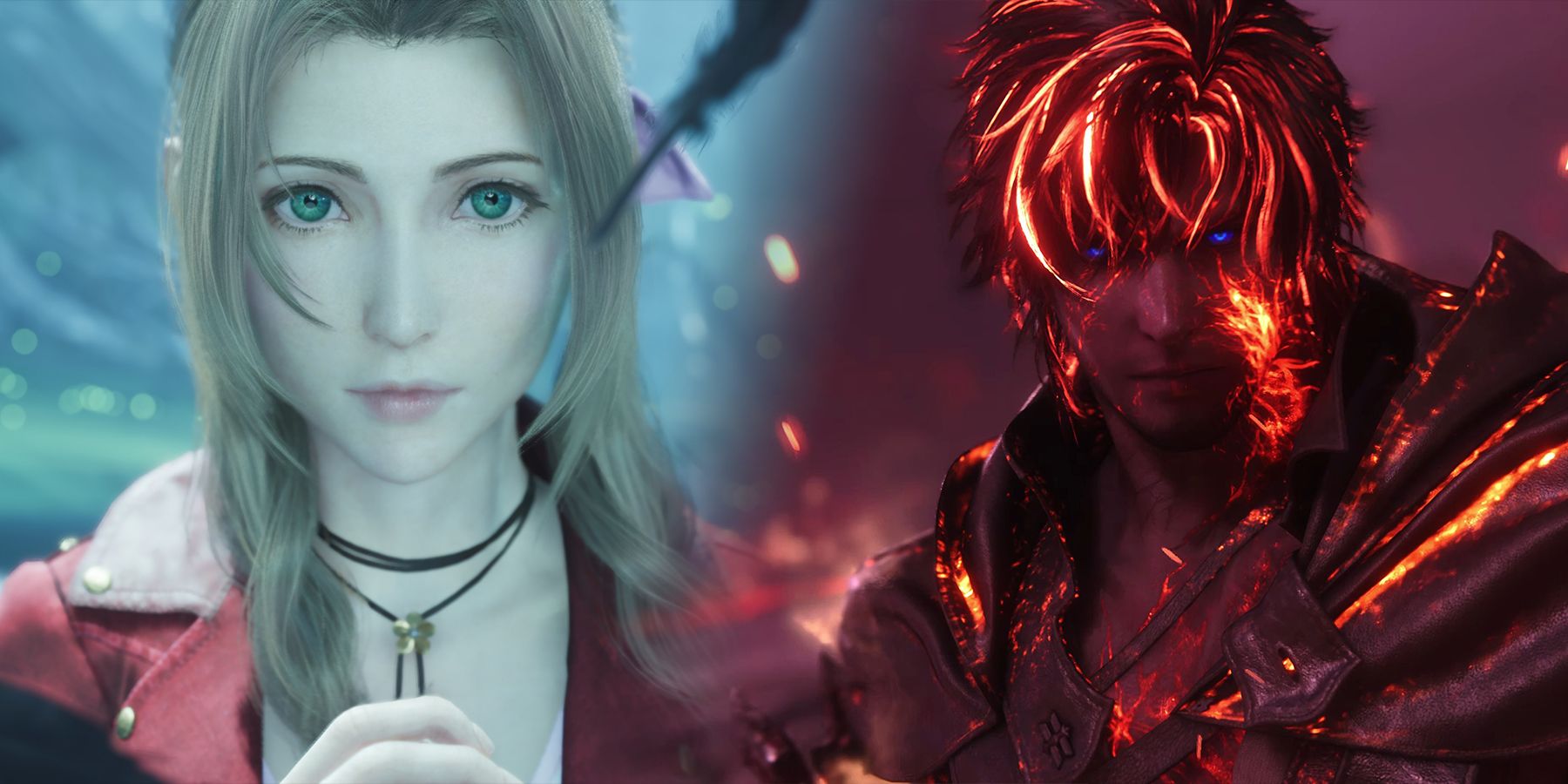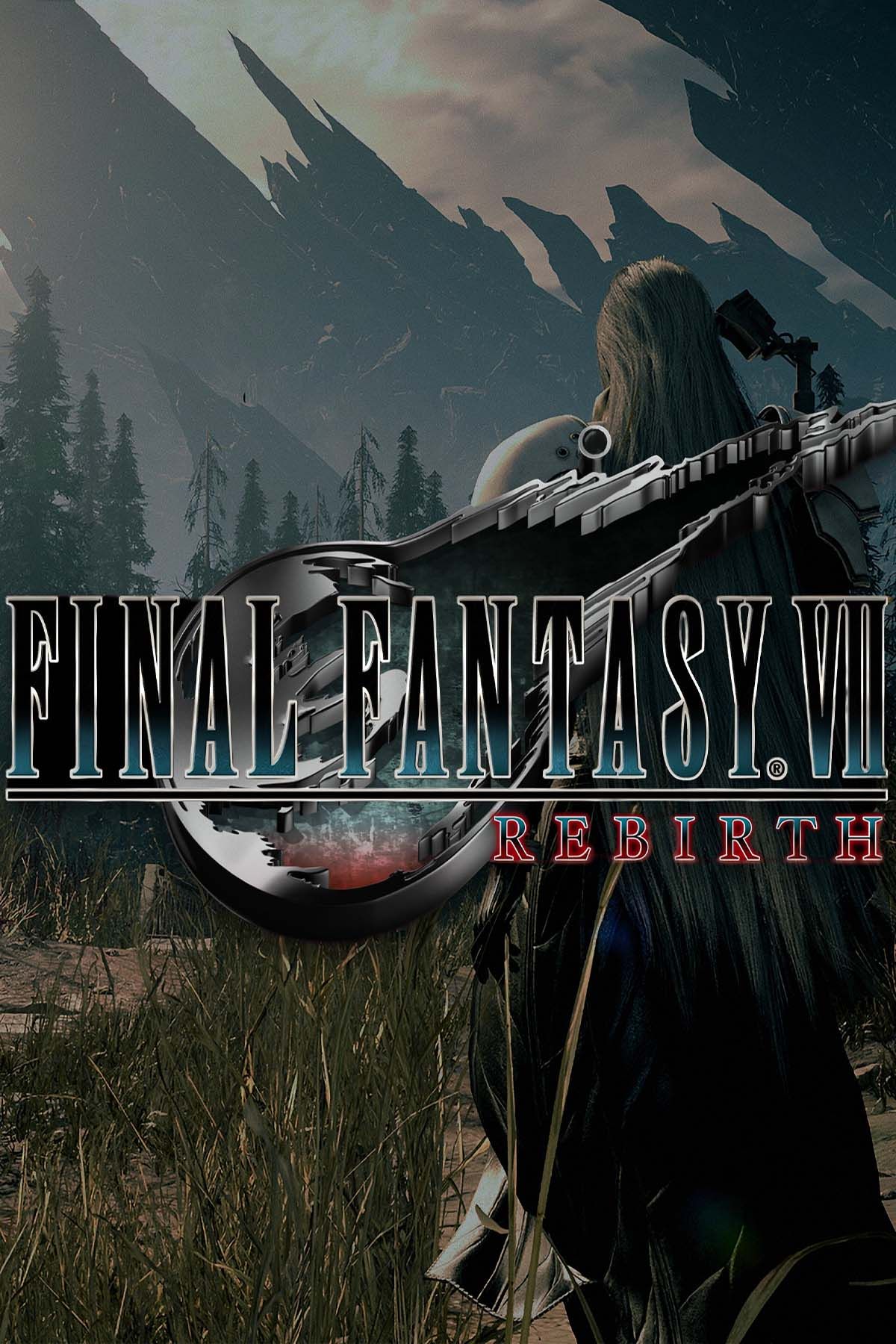Highlights
- Final Fantasy 16 brings a dark, gritty tone to the series, thrusting protagonist Clive into grim situations that earned the game a Mature rating.
- Final Fantasy 7 Rebirth maintains the franchise's playful nature, focusing on mini-games and lighthearted moments in contrast to FF16.
- Both games showcase Final Fantasy's ability to ebb and flow between serious and light-hearted tones, offering unique experiences for fans.
The Final Fantasy franchise never seems to run out of interesting narratives and worlds, with each one often more eccentric than the last. The series has been known to move from one style and expression to another with each installment, though the heart of what makes each of them Final Fantasy games is preserved. The two most recent installments, Final Fantasy 16 and Final Fantasy 7 Rebirth, are perfect examples of the series' ability to ebb and flow and are also likely to be a sign of what is to come in future entries.
Final Fantasy 16 and Final Fantasy 7 Rebirth are the two most recent installments in the franchise, with FF16 being a standalone mainline game and FF7 Rebirth being the second part of a mainline remake trilogy. They are entirely different experiences, albeit Final Fantasy games nonetheless. Perhaps in typical Final Fantasy fashion, FF16's gritty, mature tone starkly contrasts FF7 Rebirth's more playful, adventurous themes. While there has arguably never been a Final Fantasy game as mature as Final Fantasy 16, perhaps Final Fantasy 7 Rebirth's lighthearted nature will pave the way for the next game in the series to move back to the darker, more somber attitude that came with FF16.

Beloved Final Fantasy 7 Rebirth Mechanic is Missing an Obvious Feature
Unfortunately, one Final Fantasy 7 Rebirth mechanic neglects to take advantage of a feature included in many modern titles with the same tool.
FF16 and FF7 Rebirth Showcase the Series’ Ability to Ebb and Flow
Final Fantasy 16 Is the First Mainline Entry to Receive a Mature Rating
Final Fantasy 16 has proven to be one of the more divisive installments in the franchise for several reasons. First, it dropped the more traditional turn-based combat the series was known for and exchanged it for real-time action combat. It also made Clive Rosfield, its protagonist, the only playable character both in and out of combat. This is largely due to the game's lore, which saw Clive take on multiple roles as a Dominant who could absorb the power of other Eikons and use a variety of elemental abilities. Nevertheless, these changes polarized the Final Fantasy community, and it is uncertain whether the series will ever have a game like it again.
Apart from the core gameplay changes, another divisive move is that Final Fantasy 16 is the first mainline FF game to receive a Mature rating from the ESRB. Although past Final Fantasy games have certainly dabbled in and entertained darker themes (like Final Fantasy 7), they are still known for their lighthearted, playful moments. Unfortunately, Final Fantasy 16 lacked these moments by and large in its Game of Thrones-esque narrative and world, and it felt less "Final Fantasy" as a result. Still, the initial reception of Final Fantasy 16 was mostly favorable, so there is something to be said about the maturity it brought to the franchise.
Final Fantasy 7 Rebirth Highlights the Often Playful Tone of the Franchise
Final Fantasy 7 Rebirth is part two of the Final Fantasy 7 Remake trilogy and just so happens to focus on the "fun" chapter of the original game's narrative that is filled with mini-games, playful characters, and even romantic outings. It's a drastic step in an entirely different direction than Final Fantasy 16, but it is a welcome change of pace, especially after the frequent gut punches that FF16 brought in its story. It is quite possibly the truest representation of a traditional Final Fantasy game, as it includes a healthy balance of lighthearted moments with Cloud and his friends, and darker moments with Sephiroth, like the Nibelheim flashback sequence.
It would be nice to see Final Fantasy continue to maintain this thematic roller coaster, though going back to the grittier tones of Final Fantasy 16 may continue to prove too polarizing of a move. Wherever it goes, each installment must maintain the heartbeat of what Final Fantasy is and continue to showcase that balance of seriousness and playfulness in its stories, characters, and gameplay.




